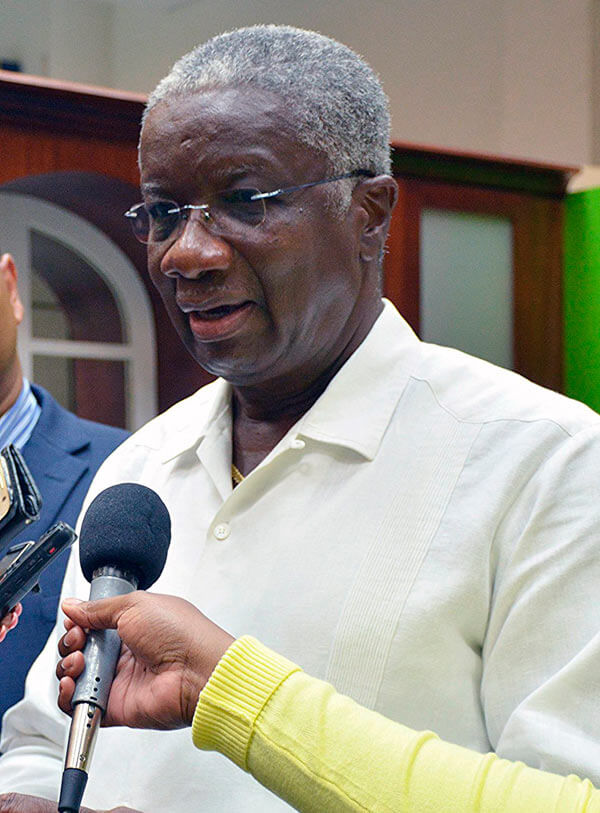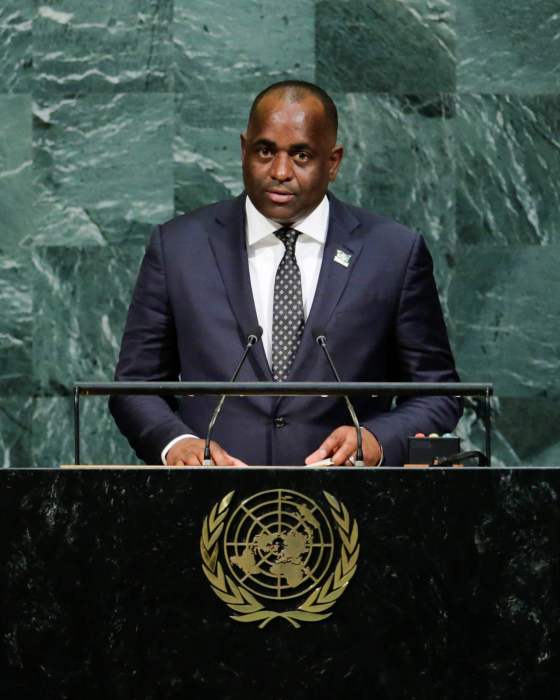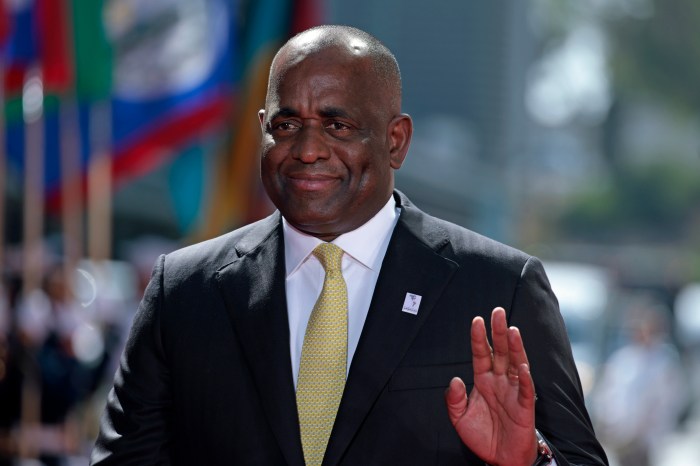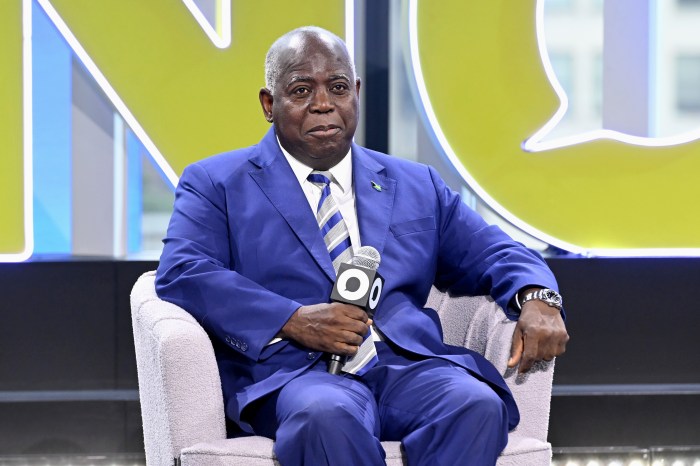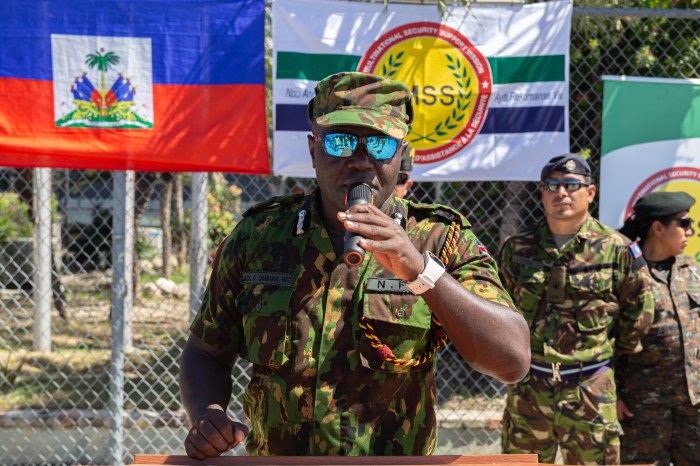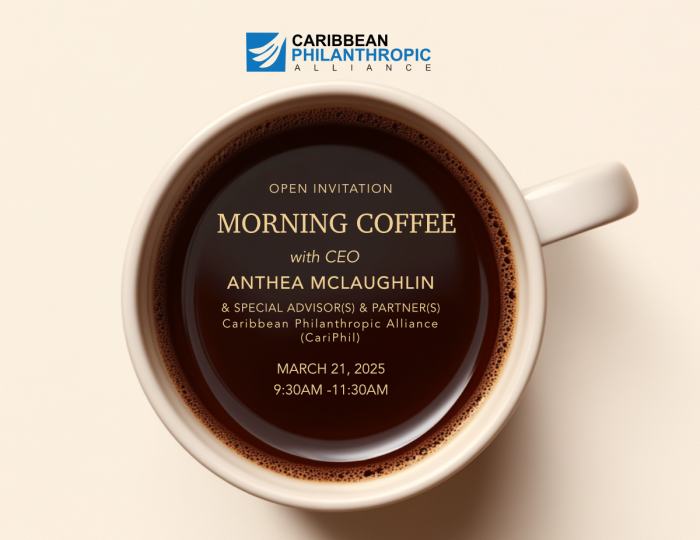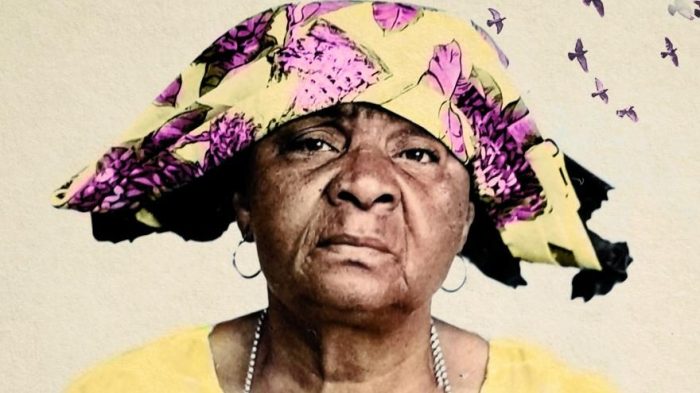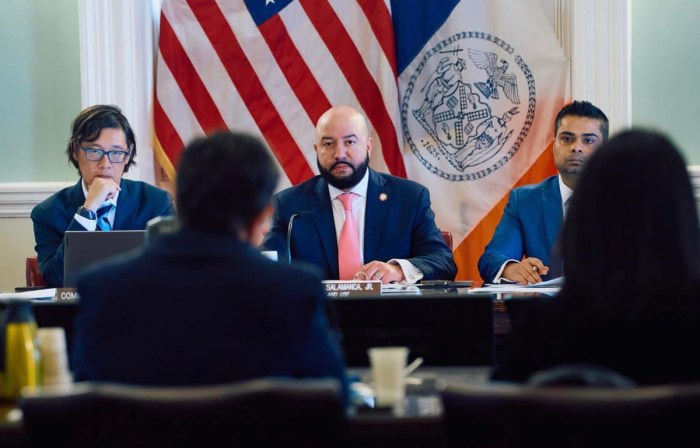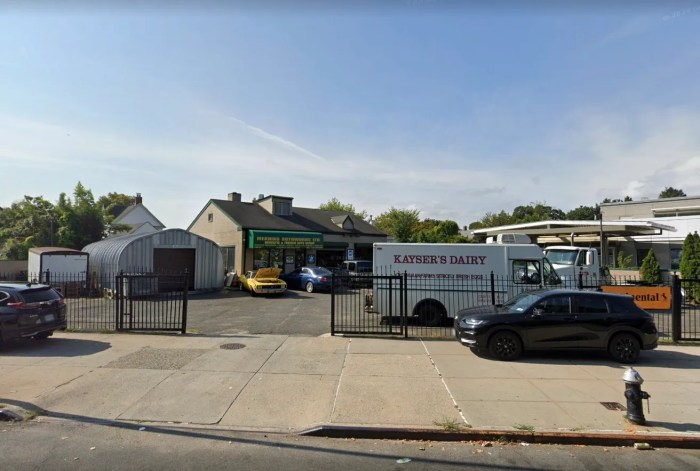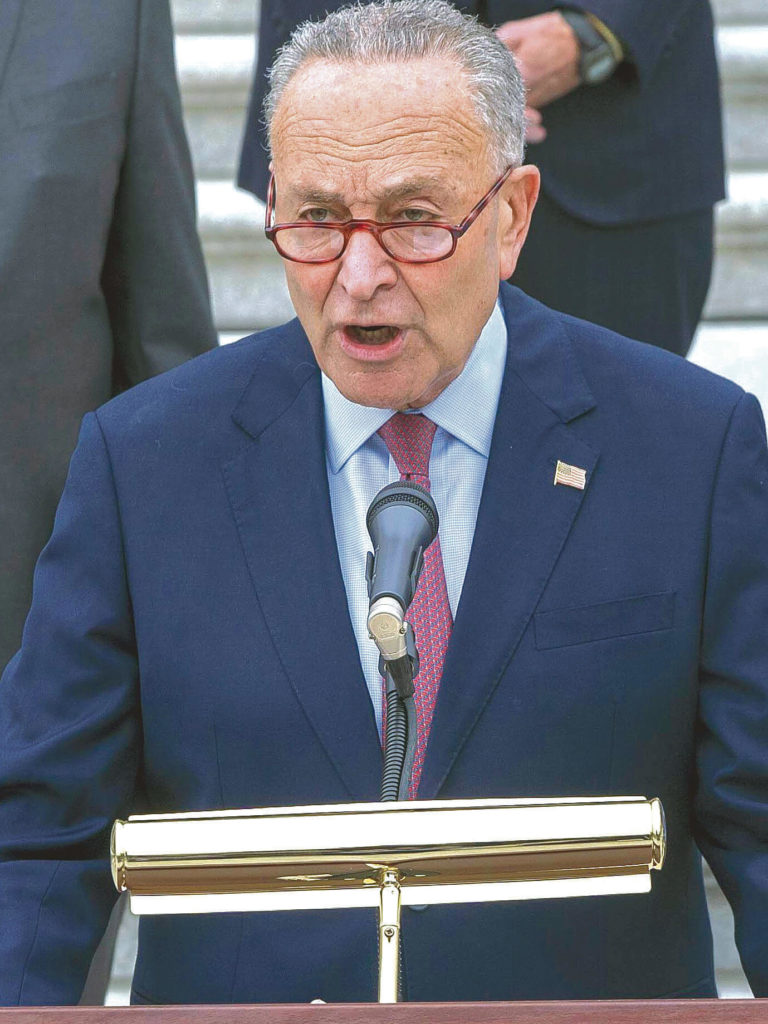Barbados
Barbados Prime Minister Frenduel Stuart has made it clear that he has no intention calling an early general election and will serve out every single day of his five year-term in office.
The next poll is constitutionally due in 2018. Parliament is due to be dissolved by the end of March and elections must be called within the following 90 days.
Speaking in Parliament recently, Stuart said he does not believe in leaving office before the constitutional deadline, nor does he see the need for a fixed election date as the opposition Barbados Labor Party (BLP) has been pressing for.
The Democratic Labor Party (DLP) won a second consecutive term in office in the February 21, 2013 elections.
Prime Minister Stuart said his administration still has more work to do, and would continue to work to address outstanding issues.
Bahamas
The Bahamas government said it plans to relax the foreign exchange restrictions so as to promote greater opportunities for local investors and small and medium-sized businesses.
Prime Minister Hubert Minnis said that Bahamians and residents will be given approval to repatriate foreign currency deposits or investment assets at the same foreign currency value upon application to the Central Bank of The Bahamas.
He said no penalties will be imposed on regularized accounts and investments.
Minnis said the owners of deposit facilities will be allowed to sue those resources to finance domestic transactions without restrictions.
But he noted the prohibition will exist against either funding or augmenting these facilities with proceeds converted from Bahamian dollars.
The reform accommodates Bahamian residents who have amassed deposits or investments assets abroad for which they should have obtained prior Exchange Control approval.
Cuba
Cuba is hoping to reach the figure of five million foreign visitors for the first time in 2018 — an increase of 6.4 percent compared to 2017, said Manuel Marrero, head of the ministry of tourism.
Marrero said that an increase in tourist-days is expected, as well as increased revenue from the sector.
He noted that despite the decrease in the number of vacationers due to the passage of Hurricane Irma, at the end of November the country reported 4,257,754 visitors — an increase of 19.7 percent compared to the same period in 2016.
The tourism minister said Canada is the main source of tourists to Cuba, while a growing number of US visitors came under the provisions of the 12 categories of travel authorized by the Obama administration, which since November have been drastically restricted by President Donald Trump.
The traditional markets that reported the largest visits are France, Italy, Russia, Argentina and Brazil, which have already surpassed their historical record figures.
Marrero said cruise visitors grew by 230 percent and this is favorably trend is expected to continue, while new requests for air operations are reported for the current high season (November – to April).
Guyana
The Guyana Sugar Corporation, (Guysuco), said that sugar production has fallen to the lowest in 27 years.
The company said sugar output in the South American country is expected to fall by nearly a quarter from last year — 140,000 metric tons.
The decline comes as Guysuco struggles with a debt of more than $500 million and prepares to permanently shut down three of its six industry facilities and fire about 4,000 of its 15,000-member workforce by December 31.
Guysuco, which was run by the Brookers Corp in the United Kingdom before it was nationalized in 1976, said most of its sugar cane plants have already been harvested and production is not expected to climb higher during the last week of the year.
Sugar was once the country’s largest source of foreign exchange, with an average of around 300,000 tons produced yearly up to the early l990s.
But the crop has been in steady decline over the last decade due to crippling labor strikes, manpower shortages, unseasonal weather and the massive decline in demand of the European Union.
Jamaica
The University of the West Indies (UWI) has criticized the European Union (EU) over its decision to blacklist a number of CARICOM countries as tax havens, warning that the unilateral move could have a deleterious effect on their economies.
UWI Vice Chancellor Sir Hilary Beckles said the latest decision by the EU is based on new, unilaterally-determined and unclear criteria that differ significantly from the currently accepted international standards of tax transparency, anti-money laundering and accountability.
These universally accepted standards, he said, were established by the Financial Action Task Force and the OECD Global Forum and demanded by the very EU.
He noted that CARICOM countries had either met or exceeded these accepted international standards and best practices over many years.
Last month, EU finance ministers meeting in Brussels named St Lucia, Barbados, Grenada, and Trinidad and Tobago among a list of 17 countries considered to be global tax havens. They said the new list has been drawn up after l0 months of investigations by EU officials.
Nevis
Residents of St Kitts’ sister isle Nevis recently enjoyed a public holiday after the Concerned Citizens Movement (CCM) was elected for a second consecutive term in the recent elections.
The CCM, which is a partner of the St Kitts coalition Team Unity government, won four of the five seats at stake. The margin of victory was one seat wider than the 2013 poll when it won three of the five seats and ousted the Nevis Reformation Party (NRP).
Some 11,303 people were registered to vote. Mark Brantley — who took over the CCM leadership from outgoing premier Vance Amory — deputy leader Alexis Jeffers, newcomer Eric Evelyn and Spencer Brand won seats for the incumbent party.
The other seat was won by former premier Joseph Parry of the NRP.
St. Kitts and Nevis Premier Dr. Timothy Harris commended the people of Nevis for maintain calm and stability during the very robust election campaign.
Trinidad
The United Nations said it is working with Trinidad and Tobago in addressing refugee challenges in T&T and the wider Caribbean.
The UN installation in T&T said it recognizes the frustration at the limited range of solutions available to refugees and asylum-seekers, which were expressed by protesters outside its office over the past few months.
In a news release, the UN said local legislation must be introduced that ‘would modify the eights of refugees and asylum-seekers, establish their legal status, and clarify the options available to them.”
Recently, 18 Cuban asylum-seekers who have been living under a tent outside the UN’s office in Port of Spain were arrested and charged with obstructing the street. They chose to go to jail rather than be offered temporary accommodation.
Three of their children have been placed in the care of the Children’s Authority of Trinidad and Tobago.
The UN acknowledged Trinidad and Tobago’s commitment to refugee protection, by the creation of the Refugee Policy in 2014.
It said this was the first step towards the development of a national asylum system.— compiled by Azad Ali


